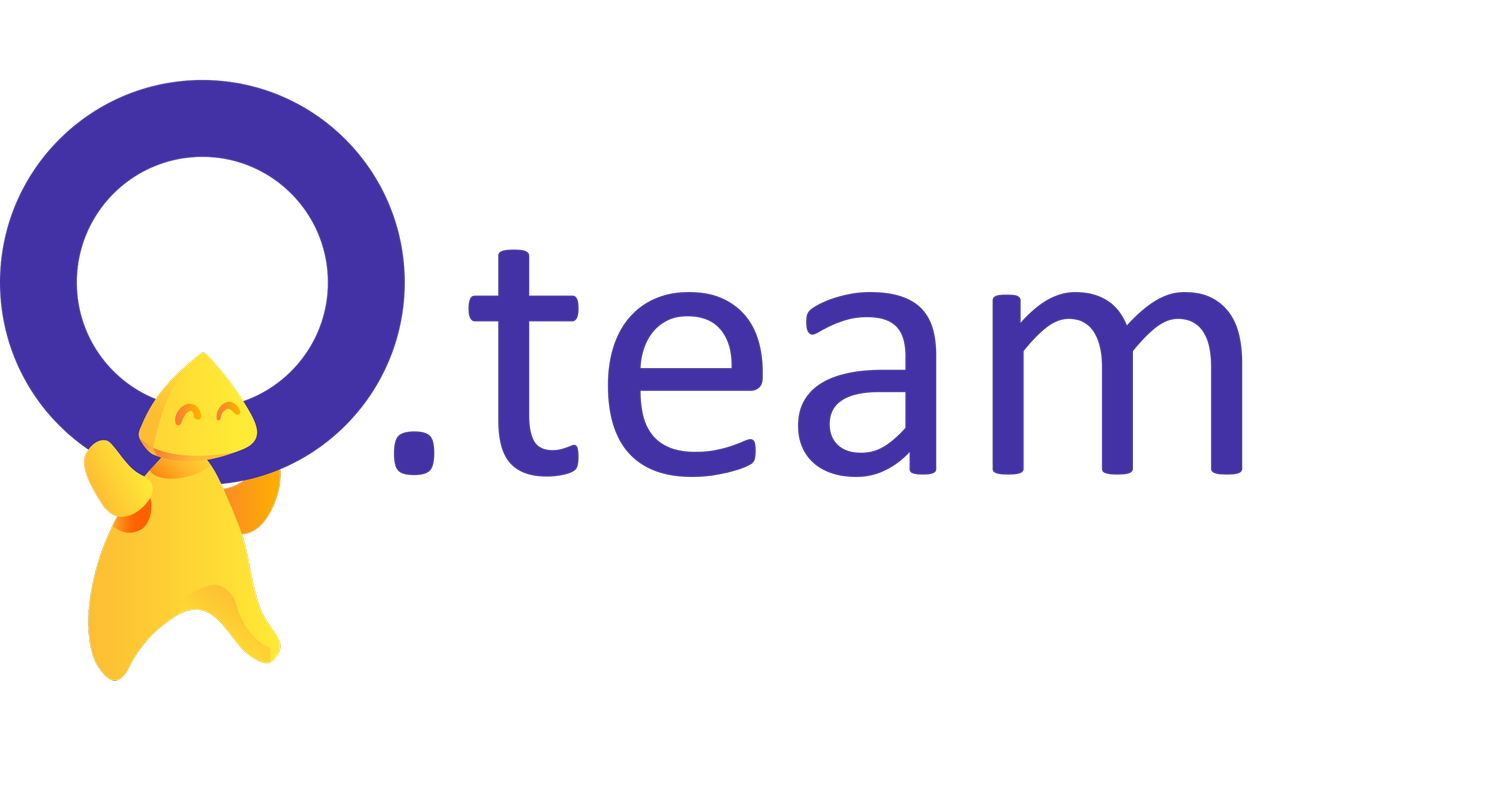
Solid is Perfect for Supply Chains and Carbon Tracking

Quality Enterprise Resource Planning (ERP) software is at the core of every organization’s supply chain. It allows organizations to keep track of inventory, internal processes, purchases, manufacturing, and anything else that is required to run a resource-based enterprise.
But, while ERPs help enterprises plan their operations within their organization, they’re often siloed from other organizations. This means that supply chain wide use cases aren’t currently possible.
Carbon tracking is one such use case. It’s relatively easy for organizations to understand how much carbon they’re emitting directly or via their utilities, but it’s much harder to understand how much carbon their suppliers and suppliers’ suppliers are emitting. Today, organizations use industry aggregates to predict how much carbon suppliers emit, but those predictions can be inaccurate.
The only way to track carbon emissions or any other kind of supply chain wide data is to have a connected database that lets organizations calculate the aggregate emissions throughout the entire supply chain. Solid enables that.
In a “global ERP,” every organization owns their own Solid Personal Online Datastore (Pod). They store their own carbon emissions data as they would in a traditional ERP. The main distinction is that Solid Pods can connect their data. This means that the total carbon emissions can be derived from data on a supplier’s Pods.

Connected, global ERPs can change the industry by building better, more integrated supply chains. If your organization wants to see the benefits of a global ERP, O.team can help.

